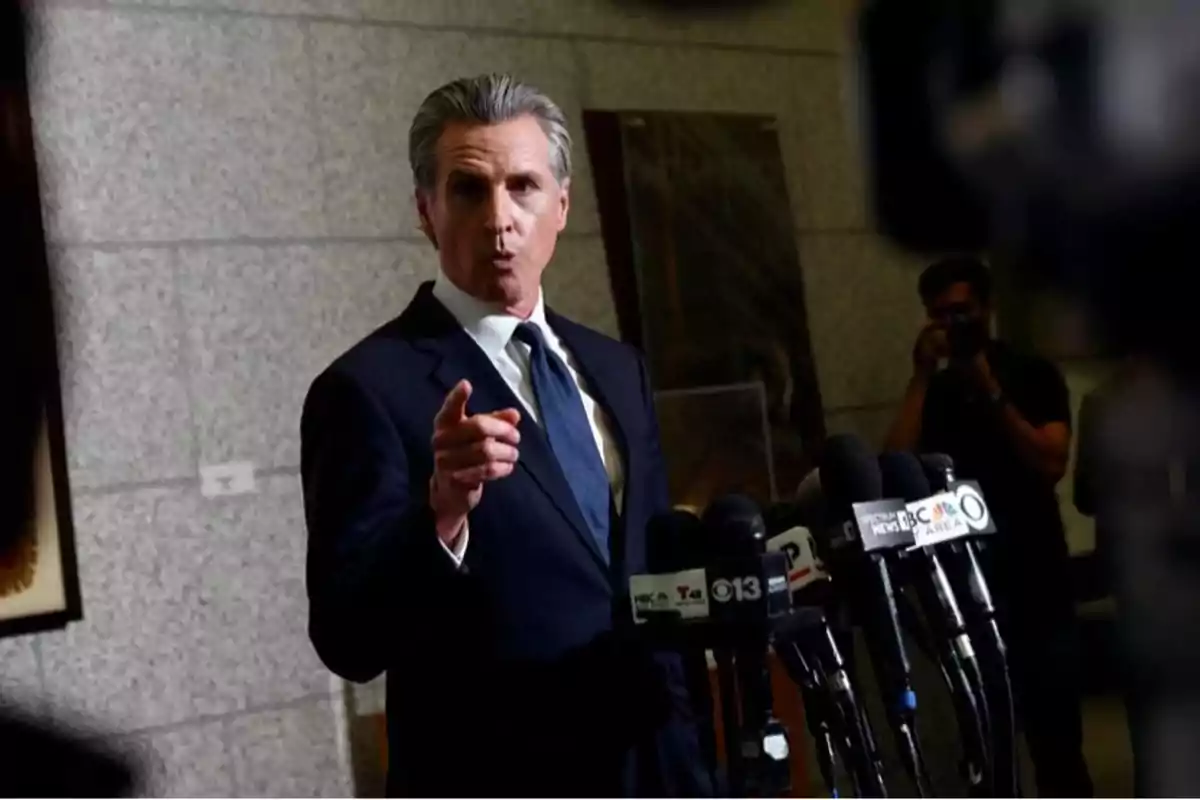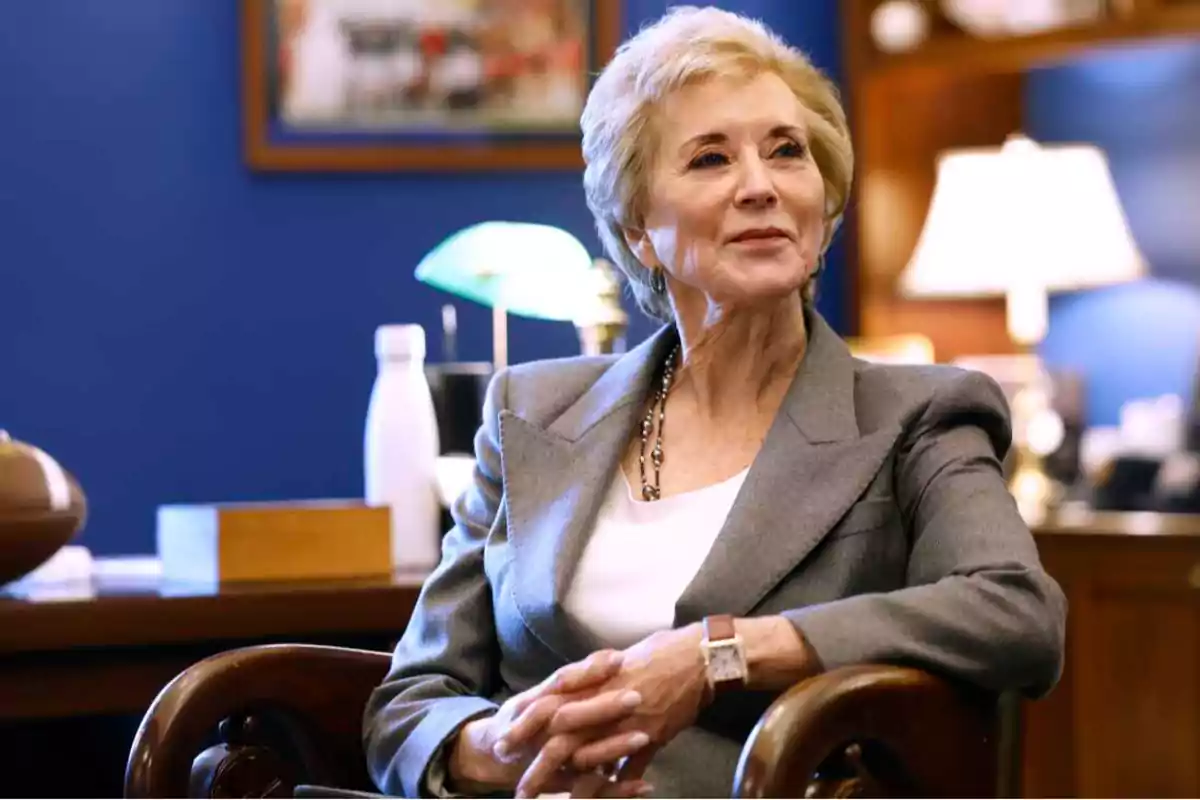
California challenges Trump’s mandate on transgender athletes in women’s sports
Democratic state authorities have rejected the president's ban on transgender individuals in women's sports
California has formally rejected an order from the administration of Donald Trumpthat demands banning transgender individuals from participating in girls' school sports teams, thus intensifying the conflict between the state and the federal government.
The California Department of Education (CDE) and the California Interscholastic Federation (CIF), responsible for overseeing school sports, refused to sign a resolution agreement proposed by the Office for Civil Rights (OCR) of the United States Department of Education, which stipulated rational measures against the inclusion of trans athletes.
The agreement required California to eliminate its trans inclusion policies, adopt strict biological definitions of "male" and "female," strip trans athletes of their titles and records, and issue personalized apologies to biological women who had lost to trans competitors.
The OCR alleged that by allowing transgender women to compete with biological women, the state was violating Title IX, the federal law that prohibits sex discrimination in educational programs receiving federal funding.

However, California officials maintain that this interpretation is incorrect and that state policies, such as the 2013 law allowing students to participate in sports according to their gender identity, are consistent with the United States Constitution and state non-discrimination laws.
The CDE's general counsel, Len Garfinkel, officially communicated the rejection of the proposal, stating that "the Department will not sign the proposed agreement." CIF also expressed its disagreement and rejected the terms.
Secretary of Education Linda McMahoncriticized California's decision and accused Democratic GovernorGavin Newsomof hypocrisy, recalling that in the past he had expressed concerns about the fairness of transgender athletes' participation.
McMahon stated that the state would face imminent legal action, including intervention by the Department of Justice, if it did not comply with the demands before July 7.

Newsom has faced pressure from both sides of the debate. Although in the past he expressed doubts about the fairness of trans athletes' participation in girls' sports, his administration has defended the state's "inclusive" legislation.
His team described the proposed agreement as a "political document without legal validity" and accused McMahon of theatrically politicizing the issue.
California has already filed a lawsuit against the federal government, arguing that yielding to the demands would violate its own laws and the Constitution. The state's attorney general, Rob Bonta, has reiterated that he will defend inclusive policies against what he considers a federal intimidation campaign.

Despite its rejection of the federal agreement, California made a small adjustment in May: CIF allowed that in state track and field competitions, slots could be added so that biological women who narrowly missed qualifying, possibly due to the participation of a "trans athlete," could also compete.
In contrast, institutions such as the University of Pennsylvania have accepted the policies dictated by the Trump administration, removing sports records of transgender athletes such as Lia Thomas.
More posts: